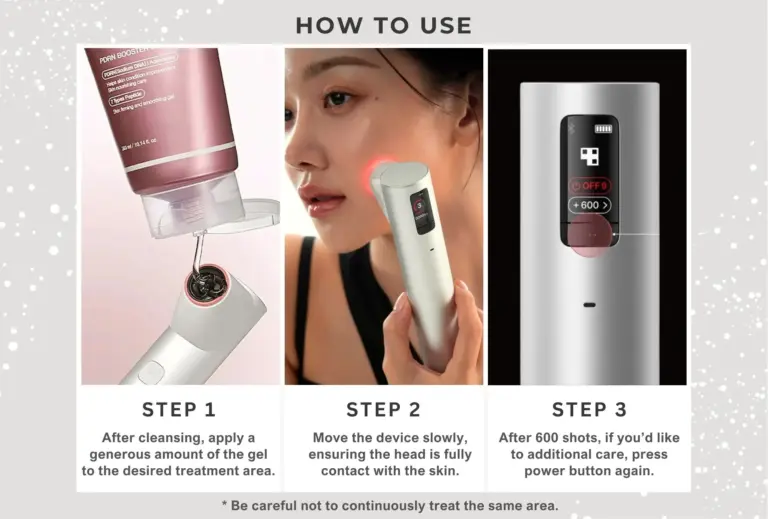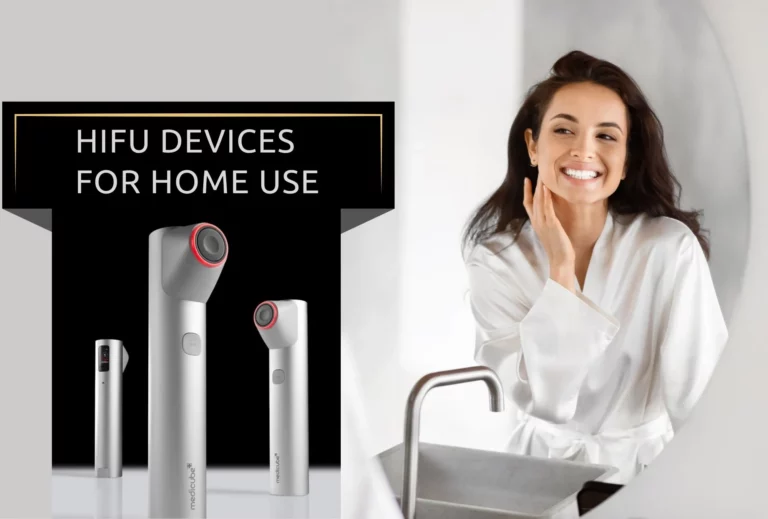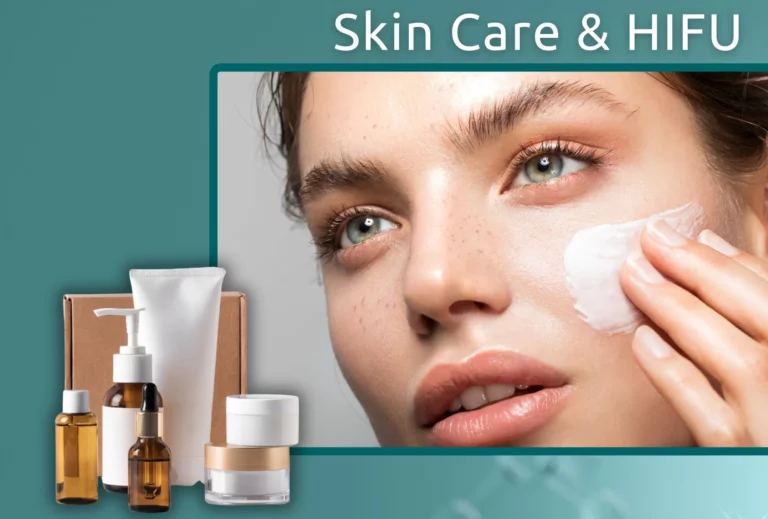HIFU therapy (High Intensity Focused Ultrasound) is a modern non-invasive method for skin tightening and rejuvenation. It activates the production of new collagen in the deep dermal layers without damaging the skin surface. After the procedure, a natural regeneration process begins, which lasts for weeks, even months. However, during this sensitive period, external factors, especially direct sunlight, can have a serious impact on the final result.
How do UV rays affect the skin?
Ultraviolet rays, especially UVA, penetrate the deep layers of the skin and destroy collagen fibers. This leads to premature aging, the appearance of age spots, loss of elasticity and fine wrinkles. After a cosmetic HIFU procedure, when the skin is more sensitive, the risk of such reactions is even higher.
Reasons to avoid direct sunlight after HIFU:
- Damage to newly formed collagen: UV rays can destroy collagen fibers before they have stabilized, reducing the effect of the therapy.
- Increased risk of pigmentation: After HIFU, the skin may be slightly inflamed, which increases the risk of post-inflammatory hyperpigmentation upon sun exposure.
- Delay in recovery: Excessive exposure to direct sunlight can cause swelling, redness, or irritationthat will extend the recovery period.
Scientific perspective on UV influence after HIFU exposure
Held study in mice, exposed to UVB and subsequent HIFU treatment, showed a significant improvement in collagen structure and a reduction in signs of photoaging – compared to the UVB only group, the thickness of the dermis normalized and TGF-β concentrations increased twofold, while the MMP-3 enzyme decreased significantly. Human skin study demonstrated that UV radiation reduces the expression of the TGF-β/Smad signaling pathway. This leads to a greatly reduced synthesis of type I collagen.
The data presented allow a reasonable assumption: HIFU can stimulate collagen remodeling, but if the skin is exposed to UV while the active repair process is still ongoing, the sun blocks key cellular responses (such as TGF-β signaling) and activates destructive enzymes (MMP-1 and MMP-9). The process could potentially not only reduce the effect, but also interfere with it at the cellular level.
How to protect ourselves from direct sunlight?
- Use broad spectrum sunscreen SPF 50+, even if you don't plan on direct sun exposure.
- In the first 10 days after therapy, avoid active walks during sunny hours - especially between 11:00 and 16:00.
- Wear hat with brim, sunglasses and seek shade when you are outside.
- Apply moisturizing and soothing productsrecommended by a specialist.
HIFU is an effective procedure where the results depend not only on the equipment and the specialist who performs it, but also on the aftercare.
Collagen stimulated by HIFU needs time and protection to form properly. Without careful care, the effect of the procedure can be reduced or even completely compromised. If you are considering a HIFU procedure during the summer months, consult a specialist for individual recommendations.
Sun protection is an essential step, but it is far from exhausting the skin's needs after device therapy. You can find out more about proper recovery in the article How to soothe the skin and create an optimal environment for regeneration after HIFU?



